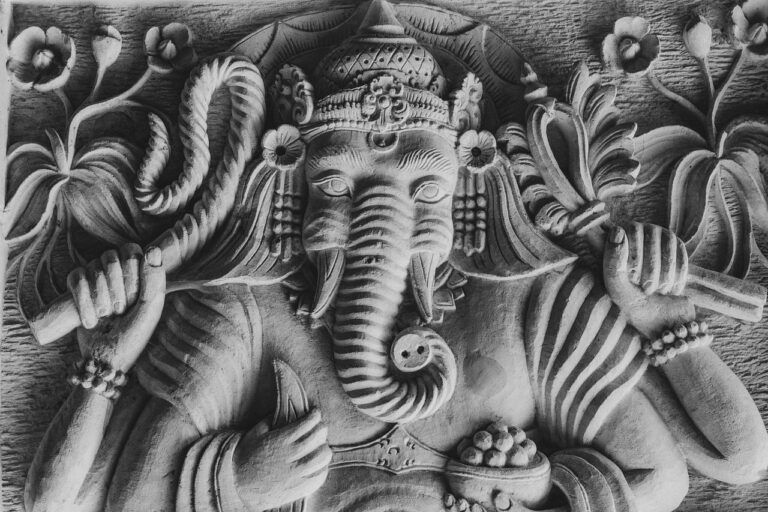The Influence of Campaign Finance Laws on Election Outcomes
When it comes to elections, the role of money in politics cannot be understated. Campaign finance laws are designed to regulate how money is raised and spent in political campaigns, with the goal of ensuring transparency and fairness in the electoral process. These laws have a significant impact on election outcomes, shaping the dynamics of races and influencing the behavior of candidates and voters alike.
The Evolution of Campaign Finance Laws
Campaign finance laws have evolved over time in response to changing political landscapes and advances in technology. The Federal Election Campaign Act (FECA) was passed in 1971 to regulate the financing of federal elections, requiring disclosure of campaign contributions and setting limits on individual and PAC donations. Subsequent amendments, such as the Bipartisan Campaign Reform Act (BCRA) in 2002, aimed to further regulate the role of money in politics by banning soft money contributions to political parties and restricting independent expenditures.
The Impact of Campaign Finance Laws on Candidates
Campaign finance laws play a crucial role in shaping the behavior of candidates running for office. Donation limits and disclosure requirements influence how candidates raise and spend money, affecting their ability to compete in elections. Candidates are often forced to spend a significant amount of time fundraising, which can detract from their ability to focus on policy issues and engage with voters. Additionally, the reliance on wealthy donors and special interest groups can raise concerns about the influence of money in politics and its impact on the democratic process.
The Influence of Money on Election Outcomes
Money has a substantial impact on election outcomes, with well-funded campaigns often having a competitive advantage over their less well-funded opponents. Candidates who can raise significant amounts of money are able to run more extensive advertising campaigns, hire staff, and mobilize voters, all of which can improve their chances of winning elections. Studies have shown that the candidate who spends the most money in a campaign is more likely to win, highlighting the importance of fundraising in modern politics.
The Role of Super PACs and Dark Money
In recent years, the rise of Super PACs and dark money groups has further complicated the influence of money in politics. Super PACs, which can raise and spend unlimited amounts of money to support or attack candidates, have become a significant force in elections. Dark money groups, which do not have to disclose their donors, can funnel large sums of money into campaigns without transparency, raising concerns about the influence of anonymous donors on election outcomes. The proliferation of these groups has raised questions about the effectiveness of campaign finance laws in regulating money in politics.
The Impact of Citizens United
The landmark Supreme Court decision in Citizens United v. FEC in 2010 further reshaped the landscape of campaign finance laws in the United States. The ruling allowed corporations and unions to spend unlimited amounts of money on independent expenditures, leading to a surge in outside spending in elections. Critics argue that the decision has increased the influence of money in politics and weakened the voice of ordinary citizens, while proponents contend that it upholds First Amendment rights to free speech and political expression.
The Future of Campaign Finance Laws
As concerns about the influence of money in politics persist, there is ongoing debate about the future of campaign finance laws in the United States. Calls for stricter regulations on fundraising, spending, and disclosure continue to be made by reform advocates, while opponents argue for less restrictive laws to protect free speech and political expression. The role of money in elections is likely to remain a hotly contested issue, as policymakers, candidates, and voters grapple with the implications of campaign finance laws on election outcomes and the democratic process as a whole.
FAQs
Q: What is the purpose of campaign finance laws?
A: Campaign finance laws are designed to regulate how money is raised and spent in political campaigns, with the goal of ensuring transparency and fairness in the electoral process.
Q: How do campaign finance laws impact candidates?
A: Donation limits and disclosure requirements influence how candidates raise and spend money, affecting their ability to compete in elections and shaping their behavior.
Q: What is the influence of money on election outcomes?
A: Well-funded campaigns often have a competitive advantage, with candidates who can raise significant amounts of money being more likely to win elections.
Q: What are Super PACs and dark money?
A: Super PACs can raise and spend unlimited amounts of money to support or attack candidates, while dark money groups do not have to disclose their donors, raising concerns about transparency in elections.
Q: What was the impact of Citizens United?
A: The Supreme Court decision allowed corporations and unions to spend unlimited amounts of money on independent expenditures, leading to a surge in outside spending in elections.
Q: What is the future of campaign finance laws?
A: There is ongoing debate about the future of campaign finance laws, with calls for stricter regulations on fundraising, spending, and disclosure continuing to be made by reform advocates.







